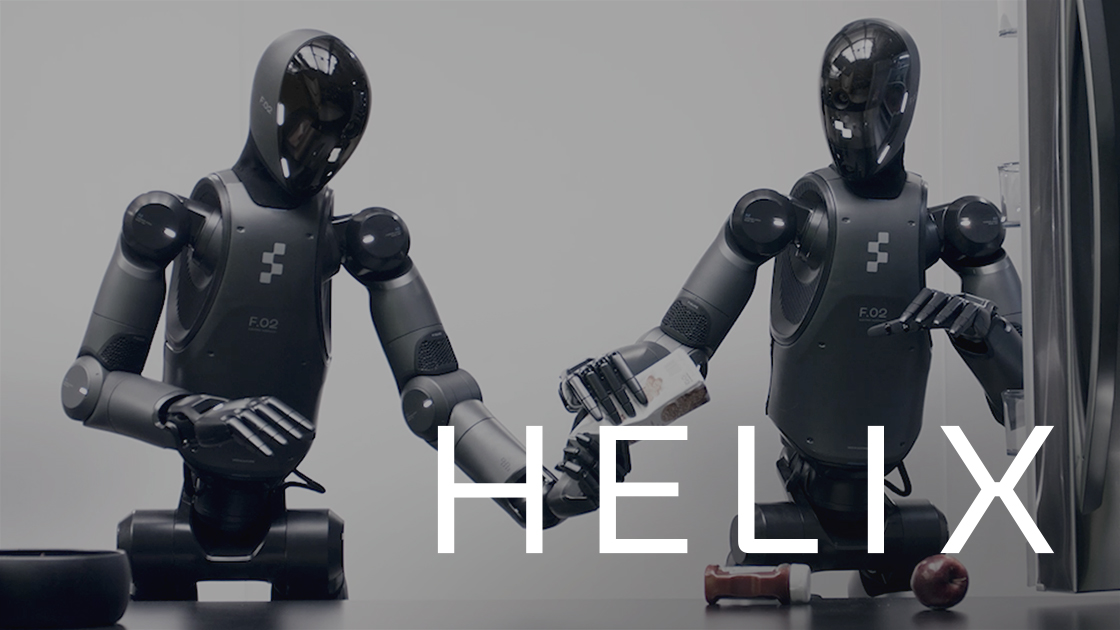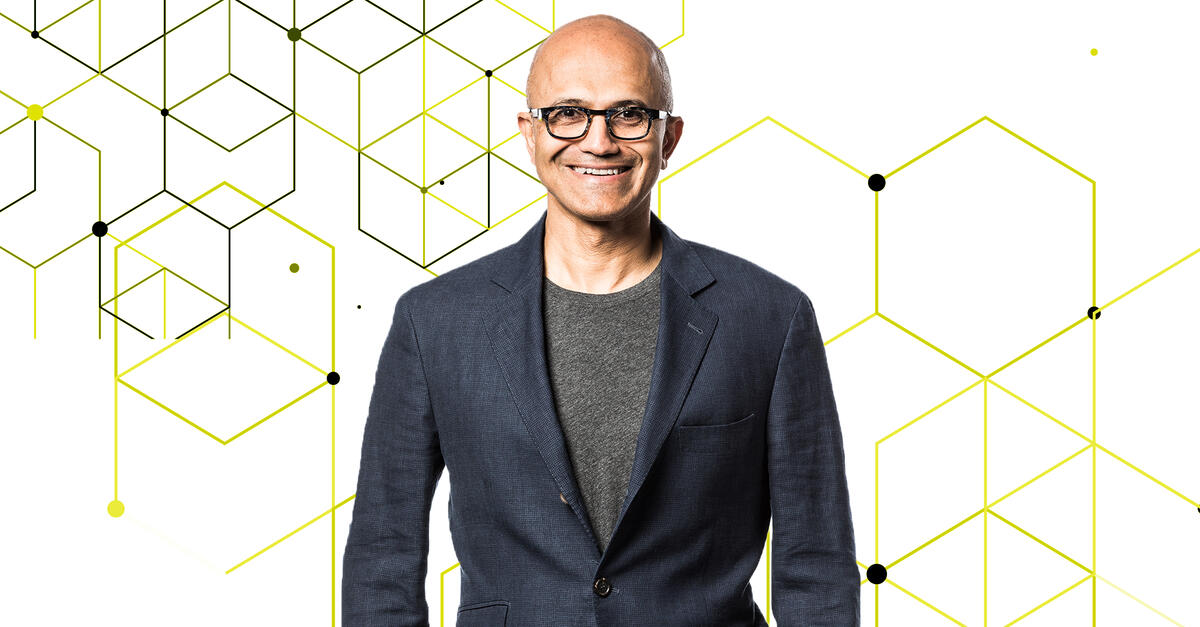Welcome back to Daily Zaps, your regularly-scheduled dose of AI news ⚡
Here’s what we got for ya today:
🐳 DeepSeek open sourcing more projects
🤖 GPT-4.5 coming as early as next week
🎮 Microsoft Muse - AI model for gaming
💻 Microsoft’s Majorana 1 - quantum computing chip
Let’s get right into it!
STARTUPS
DeepSeek open sourcing more projects
DeepSeek is set to expand its commitment to open-source AI by releasing five repositories of code, following its recent launch of a competitive simulated reasoning model under an MIT license. This move contrasts sharply with OpenAI's proprietary approach, potentially giving researchers greater transparency into model training and functionality.
While details remain unclear, a fully open release—including training code—could allow experts to identify biases, refine models, and even replicate them with new datasets. This initiative underscores the growing demand for open AI development, challenging major players like OpenAI and Google while fueling broader innovation in the field.
STARTUPS
GPT-4.5 coming as early as next week
OpenAI is expected to release an updated AI model, GPT-4.5, as early as next week, with GPT-5 potentially arriving in May. While CEO Sam Altman has promised free access to GPT-5’s “standard intelligence setting,” the model will also integrate the o3 reasoning system for improved fact-checking. Microsoft, a key OpenAI partner, may debut GPT-5 at its Build conference in May as it continues integrating AI into its products.
Despite OpenAI’s hints at achieving AGI, skepticism remains about whether these advancements will be truly groundbreaking. Meanwhile, competition from China’s DeepSeek, which has rivaled GPT-4o at a lower development cost, adds pressure for OpenAI to prove its dominance—not just for users but for investors.
FROM OUR PARTNER HUBSPOT
Discover 100 Game-Changing Side Hustles for 2025
In today's economy, relying on a single income stream isn't enough. Our expertly curated database gives you everything you need to launch your perfect side hustle.
Explore vetted opportunities requiring minimal startup costs
Get detailed breakdowns of required skills and time investment
Compare potential earnings across different industries
Access step-by-step launch guides for each opportunity
Find side hustles that match your current skills
Ready to transform your income?
BIG TECH
Microsoft Muse - AI model for gaming
Microsoft has unveiled Muse, a generative AI model designed to assist Xbox developers by generating game environments based on visuals or player actions. Trained on seven years of human gameplay data from Bleeding Edge, Muse understands 3D game physics and can dynamically react to interactions, potentially aiding in game prototyping and classic game preservation.
While still in early research, Muse currently produces low-resolution visuals, with Microsoft exploring future improvements. The company emphasizes that AI will enhance creativity rather than replace game developers, leaving its use up to individual studios. With game industry layoffs raising concerns about AI’s role, Microsoft assures that Muse aims to streamline game development rather than replace human artistry.
BIG TECH
Microsoft’s quantum computing breakthrough
Microsoft researchers have developed a quantum computing chip, “Majorana 1,” which utilizes a topological superconductor—a new state of matter—to create scalable building blocks for powerful quantum computers. While still in the research phase and not yet for sale, the breakthrough was published in Nature and aligns with efforts by tech giants like IBM and Google to advance practical quantum systems.
Quantum computing promises revolutionary applications in fields like drug discovery and cybersecurity, though commercially viable models remain years away. Microsoft claims the chip could eventually support a million qubits but has not provided a timeline, while competitors like Google are also making strides, recently showcasing a chip that vastly outperformed traditional supercomputers.
In case you’re interested — we’ve got hundreds of cool AI tools listed over at the Daily Zaps Tool Hub.
If you have any cool tools to share, feel free to submit them or get in touch with us by replying to this email.











